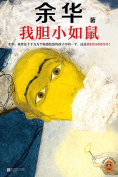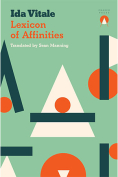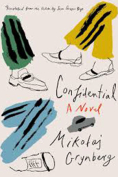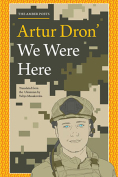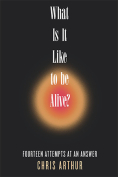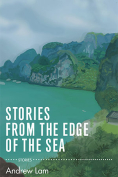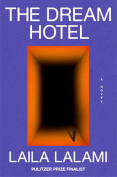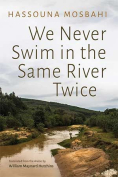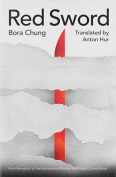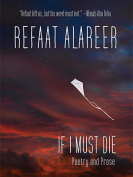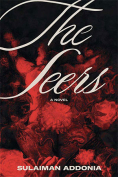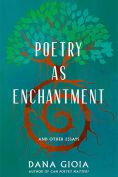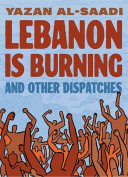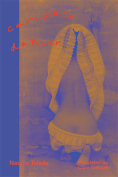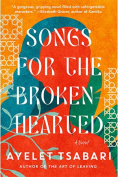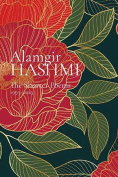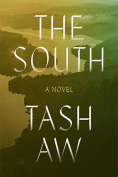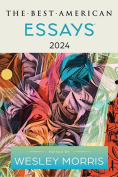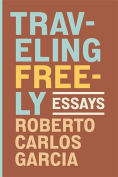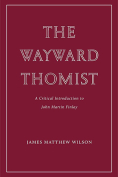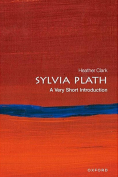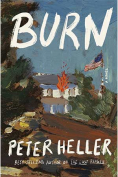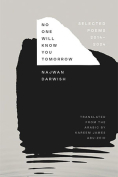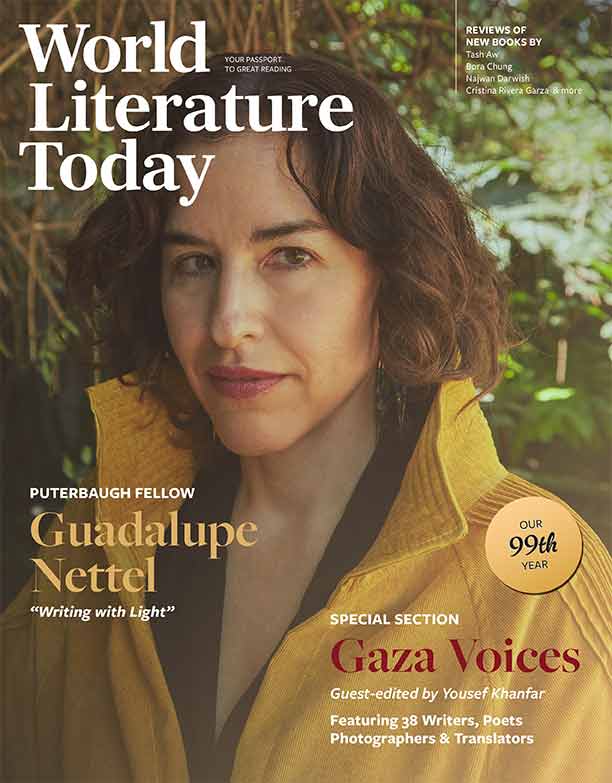The Seers by Sulaiman Addonia
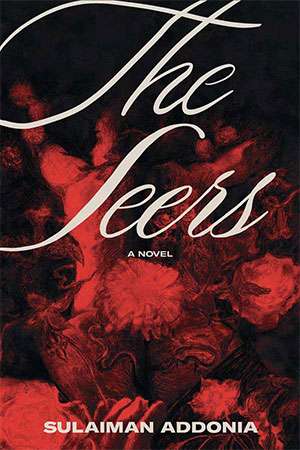
Minneapolis. Coffee House Press. 2025. 136 pages.
The phrase “primal scream” feels bandied about these days. The Seers, Sulaiman Addonia’s third novel, is certainly primal, and there are plenty of screams, but the 120-page single unbroken paragraph of lyrical, ecstatic, and maddening prose is more like a symphony. Readers may be unprepared to experience a work so formally experimental and openly sexual in a book set within the confines of the British asylum system, but therein lies it charm. The Seers, with its challenging structure and vivid characters—most notably its protagonist, Hannah—creates an experience that is overwhelming but more often than not beautiful.
Addonia, who has written three novels and is the founder of the Creative Writing Academy for Refugees & Asylum Seekers and the Asmara-Addis Literary Festival, has long pushed back against the limitations placed on refugee stories. When asked by The Guardian in a recent interview why eroticism is such a prominent element of his work, Addonia responded: “The thing is, in a camp, people do have sex! A lot of Eritreans who read that novel also have a problem with it: ‘This is too private.’ But I’m just telling our stories in the freest possible way.”
Freedom is certainly the driving force behind Hannah’s journey from birth to rebirth, and while Addonia’s storytelling never shies away, the tale is given space to expand beyond the limits of the conventional. Hannah converses with dead poets in a public park. She witnesses and participates in such wild and psychically complicated acts of passion, she would make Portnoy blush. She witnesses a couple begin to levitate midcopulation. She wears a yellow fedora and a strap-on to a date. Simply said, it’s complicated.
Addonia tells this tale by way of a lover’s whisper. The events of the narrative are bookended and interspersed by a scene of lovemaking in a public park set in the present day. Hannah tells the story of her life to her lover, often interjecting the narrative by moaning his name and body parts (the phrase that’s most often repeated, “OBB,” is best left to be discovered in the text itself). Within this framework of public passion, Hannah’s monologue details her family’s origins and her early childhood with her father in Keren, Eritrea, before immigrating to London as a refugee. Once in the UK, she begins the grueling process of obtaining asylum in a country that is willing to tolerate her presence but too bureaucratically indifferent to her to actually let her live. Her time in a halfway house for refugees becomes a cocoon and causes her to transform and liberate herself as the wild and boundless Hannah of the present day.
By wrapping a difficult story of war, loss, and isolation within a moment of (slightly taboo) intimacy, Addonia is able to dial up the color on what is essentially a dark affair. Hannah’s journey of liberation from all shackles—be they colonial, sexual, personal, or abstract—takes place across continents and drives her to the brink of madness. Addonia lends the reader no safety blanket, and The Seers’s mission statement is present from the very first line: “My mother gave birth to me in Keren, but I rebirthed myself in London that spring night as I topped Bina-Balozi on a bench in Fitzroy Square.”
This book is not for everyone, which should not reduce its importance. The prose is intense, and its single paragraph can be disorienting when the narrative drifts from Eritrea to London to the details of several lovers concurrently, and many scenes will scare off most of the monocle-poppers and pearl-clutchers. That being said, The Seers changes the scope of what stories about refugees can be. The absurd, erotic, and the tragic are blended with care. Addonia has taken terrifying global forces and processed them through a central focal point, making the overwhelming and terrifying into something personal and intimate.
As of May 2024, over 120 million people were classified by the UNHCR as refugees or asylum seekers, whether by war, climate change, or genocide. Despite a collective population equivalent to that of Japan, refugees are elusive in popular consciousness, and the risk to them has only grown from innumerable crises since then. Not all readers will be able to withstand a novel as wild or unflinching as The Seers. We are all a famine, a fire, a civil strife away from a terrible disconnect. Our world, our identity, our family, our nation, our reality are not as permanent as we like to think. What happens when we begin to disappear? What gets left behind? What is allowed to stay? Hannah’s answer is a relic from her long-dead mother and is the guiding light for here entire journey: “Everything passes, love remains.”
A. J. Camiolo
New York

